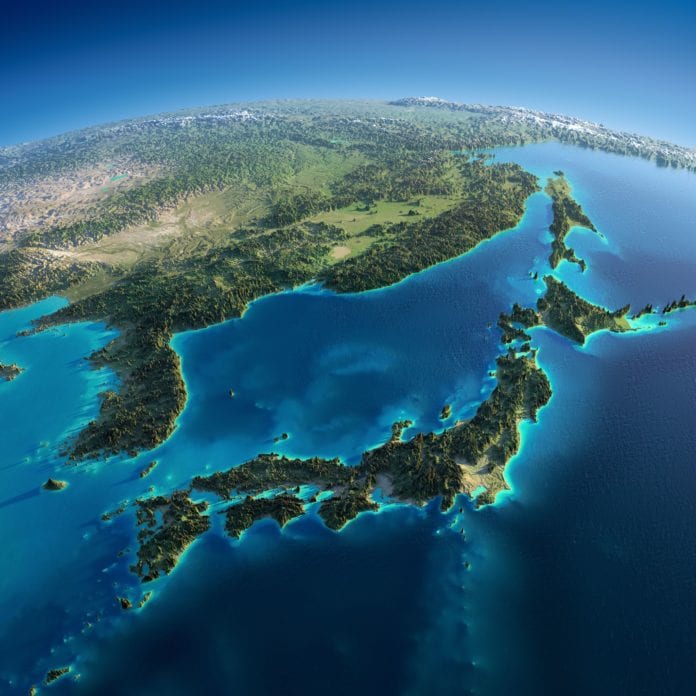Japanese carrier KDDI has selected Ericsson to deploy a cloud-native dual-mode 5G core in its 5G Standalone network in Japan, the latter said in a release.
The solution, consisting of the Ericsson Cloud Packet Core, will support KDDI’s focus on accelerating the digital transformation of corporate customers.
The Swedish vendor said that operation automation, including continuous delivery and integration processes (CI/CD), will be enhanced based on container-based microservice architecture and its automation capabilities.
Ericsson’s dual-mode 5G Core will allow the Japanese operator to support the development of new 5G use cases for mobile broadband users, enterprises and industry partners. It will also support KDDI’s recently announced enterprise-focused KDDI 5G Business Co-creation Alliance, in which Ericsson is a partner.
Chris Houghton, SVP, Head of Market Area North East Asia, Ericsson, said: “Ericsson’s cloud-native dual-mode 5G core enables mobile communications to reach new levels and society to benefit from digitalization in a 5G world. It will surely help KDDI to accelerate digital transformation and bring real 5G value to its customers. This great milestone was only made possible by our years of close partnership.”
Ericsson and KDDI have been cooperating on the carrier’s 5G core since 2018. KDDI selected Ericsson as a 5G radio access network (RAN) vendor in September 2019.
In March of 2020, KDDI launched commercial 5G services in 15 prefectures across the country. KDDI also announced plans to install 10,000 base stations by the end of March 2021 and another 10,000 by the end of March 2022.
KDDI President Makoto Takahashi previously said that the carrier aims to attract over 2 million 5G users by the end of fiscal 2020.
In October, Samsung Electronics and KDDI announced an agreement to expand their collaboration in 5G network business in Japan. With this collaboration, the companies said they would verify and assess optimal 5G network solutions for enterprises to improve user experiences and enhance productivity.
As a first step, Samsung and KDDI will verify 5G use cases for enterprises, and develop new business models.
Earlier this month, Japanese company Fujitsu announced that its O-RAN-compatible 5G radio unit was selected by KDDI for the construction of virtualized base stations for 5G commercial services in Japan.
The base stations will be delivered in the second half of fiscal year 2021, Fujitsu said.
The newly developed 5G Radio Unit uses O-RAN standard specifications for the fronthaul interface for communication with base station controllers. This makes it possible to establish a flexible network with an O-RAN configuration by connecting base station controllers between different vendors that comply with this specification.

